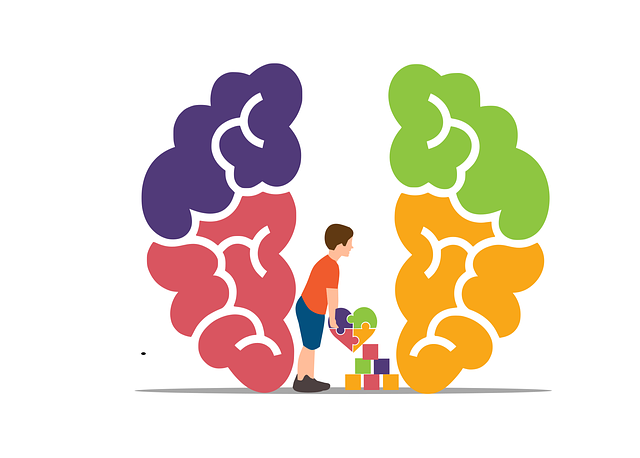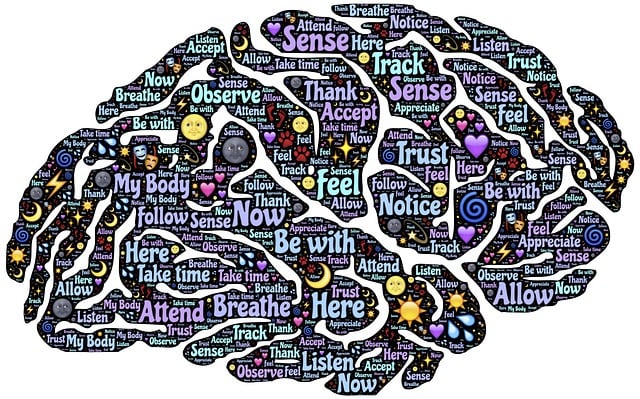Community outreach programs in German-speaking regions are transforming mental health services by tackling cultural barriers, improving accessibility, and fostering trust. These initiatives, tailored to diverse community needs, enhance youth mental well-being through peer support networks and accessible workshops. Successful programs include public awareness campaigns, culturally sensitive approaches, and adaptable service models like teletherapy, addressing stigma and reaching underserved populations. Measuring impact involves tracking improvements in participants' overall well-being and self-care routines, ensuring Superior German Speaking Therapy initiatives achieve remarkable results in building resilient communities.
Community outreach programs play a pivotal role in enhancing access to quality healthcare, especially for underserved populations. This article delves into the intricacies of implementing successful community outreach initiatives focused on Superior German Speaking Therapy in Germany. We explore the significance and benefits of such programs, provide strategic guidelines for engaging the target audience, discuss common implementation challenges and their solutions, and outline methods for measuring program impact. By understanding these key elements, we aim to empower healthcare providers to deliver superior therapy services that resonate with diverse communities.
- Understanding Community Outreach: Its Significance and Benefits for German-Speaking Therapy
- Designing Effective Programs: Strategies for Engaging the Target Audience in Germany
- Implementation Challenges and Solutions: Ensuring Success in Community Outreach
- Measuring Impact: Evaluating the Effectiveness of Superior German Speaking Therapy Programs
Understanding Community Outreach: Its Significance and Benefits for German-Speaking Therapy

Community outreach programs play a pivotal role in enhancing mental health services within German-speaking communities. This approach ensures that therapy becomes accessible to individuals who might otherwise face barriers, such as cultural nuances or limited resources. By extending support directly into communities, therapists can foster a deeper understanding and trust, leading to improved emotional regulation and enhanced coping mechanisms.
For German-speaking therapy professionals, implementing outreach initiatives offers numerous advantages. It allows for the development of tailored interventions addressing unique cultural and linguistic needs. Furthermore, these programs facilitate the cultivation of empathy among mental health professionals through direct interaction with diverse community members. This is especially crucial in conducting thorough risk assessments, as it enables practitioners to recognize and address specific challenges within this demographic, ultimately enhancing the quality of superior German-speaking therapy services.
Designing Effective Programs: Strategies for Engaging the Target Audience in Germany

Designing effective community outreach programs in Germany requires a deep understanding of the target audience and tailored strategies to engage them. With a diverse population, it’s essential to approach different communities with culturally sensitive initiatives. For instance, focusing on mental health awareness among youth could involve incorporating modern communication channels and peer support networks, leveraging the popularity of social media among German teenagers.
Offering workshops on depression prevention, conflict resolution techniques, and compassion cultivation practices can be highly effective when delivered in a relatable and accessible manner. The key lies in translating complex therapeutic concepts into engaging activities that resonate with the audience’s experiences. Superior German-speaking therapy services can be promoted by showcasing their accessibility and cultural relevance, ensuring that these programs cater to the unique needs and challenges faced by various communities within Germany.
Implementation Challenges and Solutions: Ensuring Success in Community Outreach

Implementing community outreach programs, particularly those focusing on mental health issues like depression and anxiety, comes with its share of challenges. One significant hurdle is stigma reduction—a barrier that often prevents individuals from seeking Superior German Speaking Therapy. To overcome this, successful outreach initiatives should incorporate public awareness campaigns that educate communities about the nature of mental illness, emphasizing its prevalence and treatability.
Another challenge lies in reaching underserved populations, who may face additional barriers to accessing services due to cultural differences, language proficiency, or lack of transportation. Customized programs that are culturally sensitive and offer adaptable service delivery models—such as teletherapy options—can help ensure inclusivity. Furthermore, thorough risk assessment for mental health professionals is paramount to safeguard both practitioners and clients. This involves not only identifying potential risks but also implementing safety protocols and providing ongoing support to staff involved in these programs.
Measuring Impact: Evaluating the Effectiveness of Superior German Speaking Therapy Programs

Measuring the impact of Superior German Speaking Therapy programs is crucial to understanding their effectiveness and long-term benefits. Successful outreach initiatives should aim to improve not only language skills but also participants’ overall well-being, including self-esteem and mental health. Implementing risk assessment tools tailored for mental health professionals can help identify and mitigate potential risks within these programs.
Regular evaluation methods, such as pre and post-program assessments, allow for tracking progress and identifying areas of improvement. Additionally, fostering a culture of self-care routine development among participants encourages better mental health management. By combining advanced language therapy with holistic well-being strategies, Superior German Speaking Therapy initiatives can achieve remarkable results in enhancing participants’ lives and building resilient communities.
Community outreach programs are a powerful tool for enhancing access to Superior German Speaking Therapy services, fostering community engagement, and achieving positive social impact. By understanding cultural nuances, employing targeted strategies, overcoming implementation challenges, and measuring program effectiveness, therapists can successfully reach and assist those in need within the German-speaking community. These initiatives not only expand therapy accessibility but also contribute to building stronger, healthier communities.














